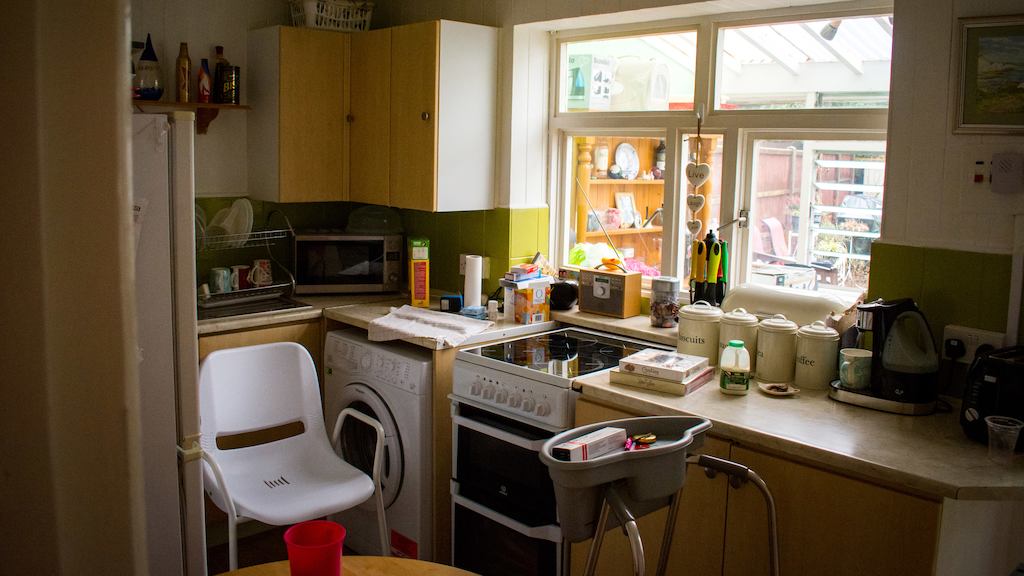Next, and perhaps the over-arching imperative, we need to create inclusive environments, design parks, leisure centres, libraries to accommodate ‘all ages’. We have much to learn here from the disability movement about community participation. Most importantly, we need to ask local communities what they want. When the Civic Society in Chichester asked its citizens what would make a difference, the priorities crossed all ages, including better local transport; safe pavements; an accessible high street and an ambition to make the city centre ‘open for all’.
And finally, we need to be ambitious. Assistive and robotic technology can change lives. In Japan, digital pets and robotic PAs are changing the home lives of people with dementia. In the UK, more people like my son (now in middle age) lives in a ‘smart house’ with assistive technology, alarm and sensor systems to keep him safe. My mother with dementia could continue to wander in her beloved garden thanks to a ‘tracker’ which enable us and other carers to find her if she vanished from her safe space. We are living through a digital revolution, but older people are not key players, even though they have the most to gain.
In conclusion, the 100 Year Life is a challenge but those of us who are family carers are already on the journey. Older people are consumers, customers and (I hope) that the business sector as well as Government will join in the to ensure that we all age well.
First published at SCIE.

